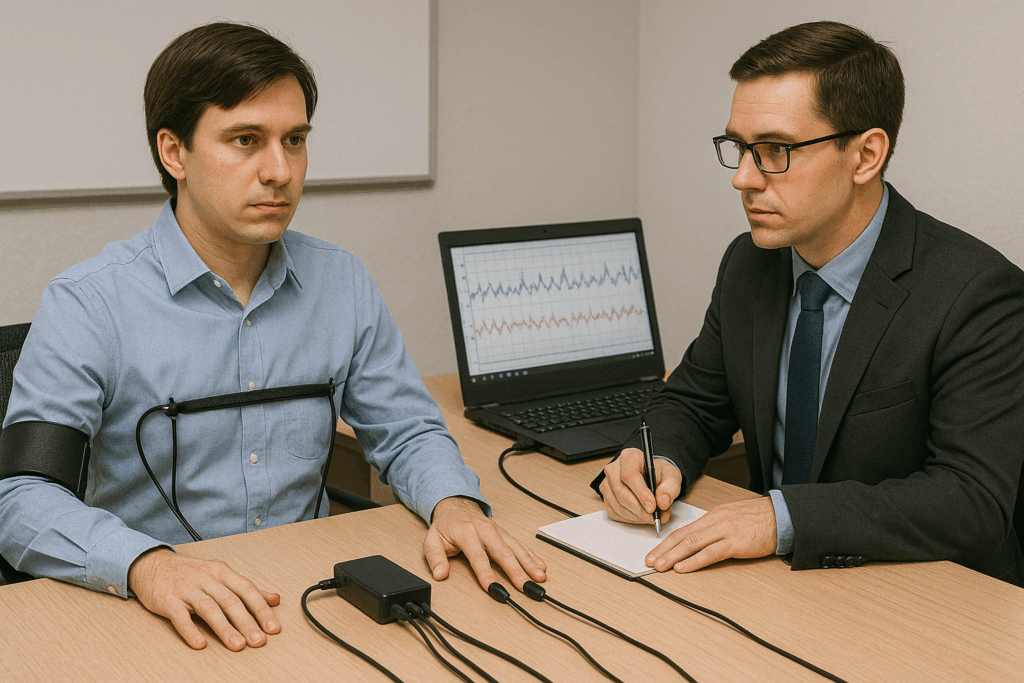POLYGRAPH TESTING: TRUTH VERIFICATION SERVICES
A Glimpse into the History of Polygraph Testing
THE HIDDEN THREAT TO YOUR BUSINESS SUCCESS ONE-THIRD OF ALL BUSINESS FAILURES TRACE BACK TO EMPLOYEE DISHONESTY
Polygraph Uses: A Versatile Tool
Polygraph testing is used in a variety of settings. Law enforcement agencies use it during criminal investigations. Government agencies utilize it for security clearances. Private companies may employ polygraphs for internal investigations, pre-employment screening, and to investigate employee theft or misconduct. It is important to note that the admissibility of polygraph evidence in court varies by jurisdiction. Some courts accept it, while others do not. Therefore, understanding the legal framework surrounding polygraph testing is crucial.
Polygraph Procedure: What to Expect
A typical polygraph examination involves several key stages. The pre-test interview involves discussing the purpose of the examination, reviewing the questions, and gathering relevant background information. During the actual test, sensors are attached to the examinee to measure physiological responses. These responses include heart rate, blood pressure, respiration, and skin conductivity. The post-test interview allows the examiner to review the results with the examinee and provide an opportunity to explain any reactions. The whole process is designed to be as fair and accurate as possible.
The Pros and Cons of Polygraph Testing
Pros:
Deters Deception: The mere presence of a polygraph can discourage dishonesty.
Aids Investigations: Provides valuable leads and helps focus investigative efforts.
Exonerates the Innocent: Can clear individuals wrongly suspected of wrongdoing.
Cost-Effective: Often less expensive than other investigative methods.
Provides Insight: Reveals emotional responses that might not be apparent otherwise.
Cons:
Not Always Admissible in Court: Legal acceptance varies by jurisdiction.
Can Be Influenced: Examinees can attempt to manipulate results with countermeasures.
Examiner Bias: Subjectivity in question formulation and interpretation can occur.
False Positives/Negatives: Inherent limitations mean occasional errors can happen.
Ethical Concerns: Raises privacy issues and potential for coercion.
Why Consider Polygraph Testing?
In situations where truth and accuracy are paramount, polygraph testing can be a valuable tool. If you’re facing allegations, need to resolve disputes, or want to ensure trustworthiness, a polygraph examination can provide clarity It can give you peace of mind. A polygraph can provide insights that traditional interviews might miss. If you are an employer needing to prevent losses, or a spouse requiring reassurance, a polygraph offers tangible and quantifiable insights.
If you are seeking Clarity and Understanding
Polygraph testing is a complex and sometimes controversial tool. While not infallible, it can be a valuable asset when used responsibly and ethically. Understanding its history, applications, and limitations is crucial for making informed decisions about its use. If you need to find out the truth, then a polygraph test may be the right path for you.

